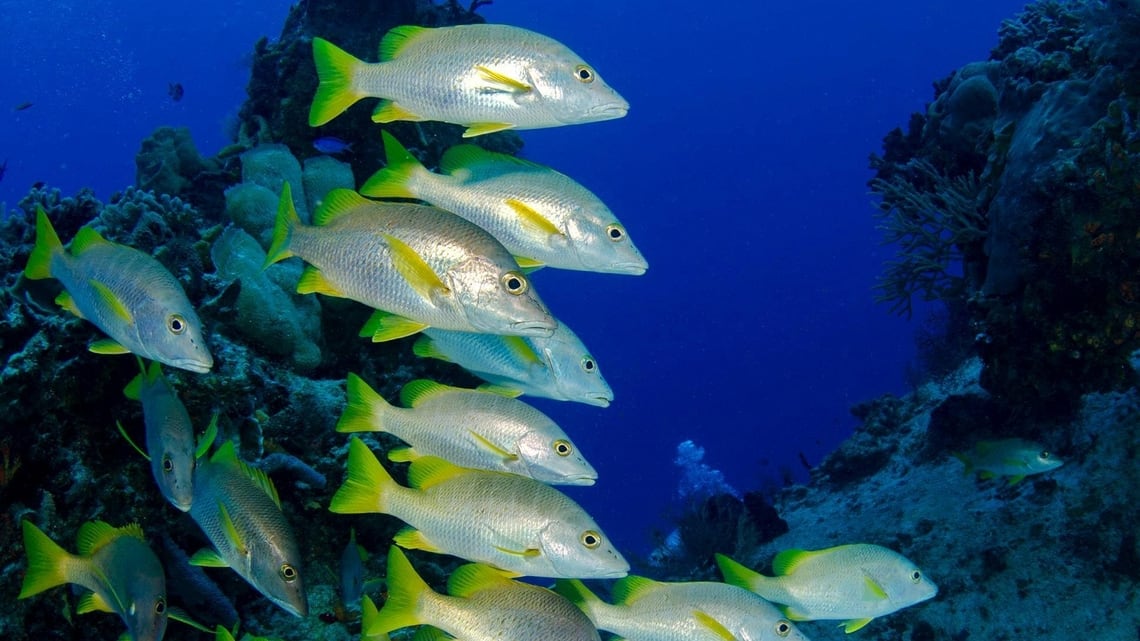
[ad_1]
A new study has observed two periods of reduced fish body weight – first in the 1980s and again in the 2010s – which may be a result of climate change
Fish weight in the western Pacific Ocean decreased in the 2010s as competition for food significantly increased due to global warming, a new study has revealed. This not only affects ocean health but also poses newer challenges for fisheries and policymakers in their pursuit to manage ocean resources considering future climate change scenarios.
According to the study, fish weight refers to individual fish (for instance, a 200-gram sardines), whereas biomass is the total weight of a species or group in an area (for example, 50,000 tonnes of sardines).
Researchers from the University of Tokyo analysed the individual weight and overall biomass of 13 species of fish. They observed that in the 1980s and 2010s, the fish were lighter. The researchers attributed the first period of weight loss to greater numbers of Japanese sardines, which led to an increase in competition with other species for food, a press statement from the university explained.
“With higher temperatures, the ocean’s upper layer becomes more stratified, and previous research has shown that larger plankton are replaced with smaller plankton and less nutritious gelatinous species, such as jellyfish,” co-author Shin-ichi Ito explained in the statement.
Furthermore, climate change can change the timing and length of phytoplankton blooms, which may no longer align with key periods of the fish life cycle, Ito added. It was also observed that the migration of fish has also been affected, which affects fish interaction and competition for resources.
The findings showed that during the 2010s, ocean warming because of increasing climate change seemed to have led to more competition for food, as cooler, nutrient-dense water could not easily rise to the surface. The findings were published in the journal Fish and Fisheries.
The researchers hope that these findings help fishery managers and policymakers better understand the changes occurring in the oceans and help make informed choices. “Fish stocks should be managed differently than they were before, considering the increasing impact of climate-induced conditions. The situation fish experience is much more severe than decades ago,” Ito said in the statement.
If global warming is not stopped the quality of fish may decline. Hence, there is a need to take action to ensure a healthy ocean, Ito added.
[ad_2]
Source link








